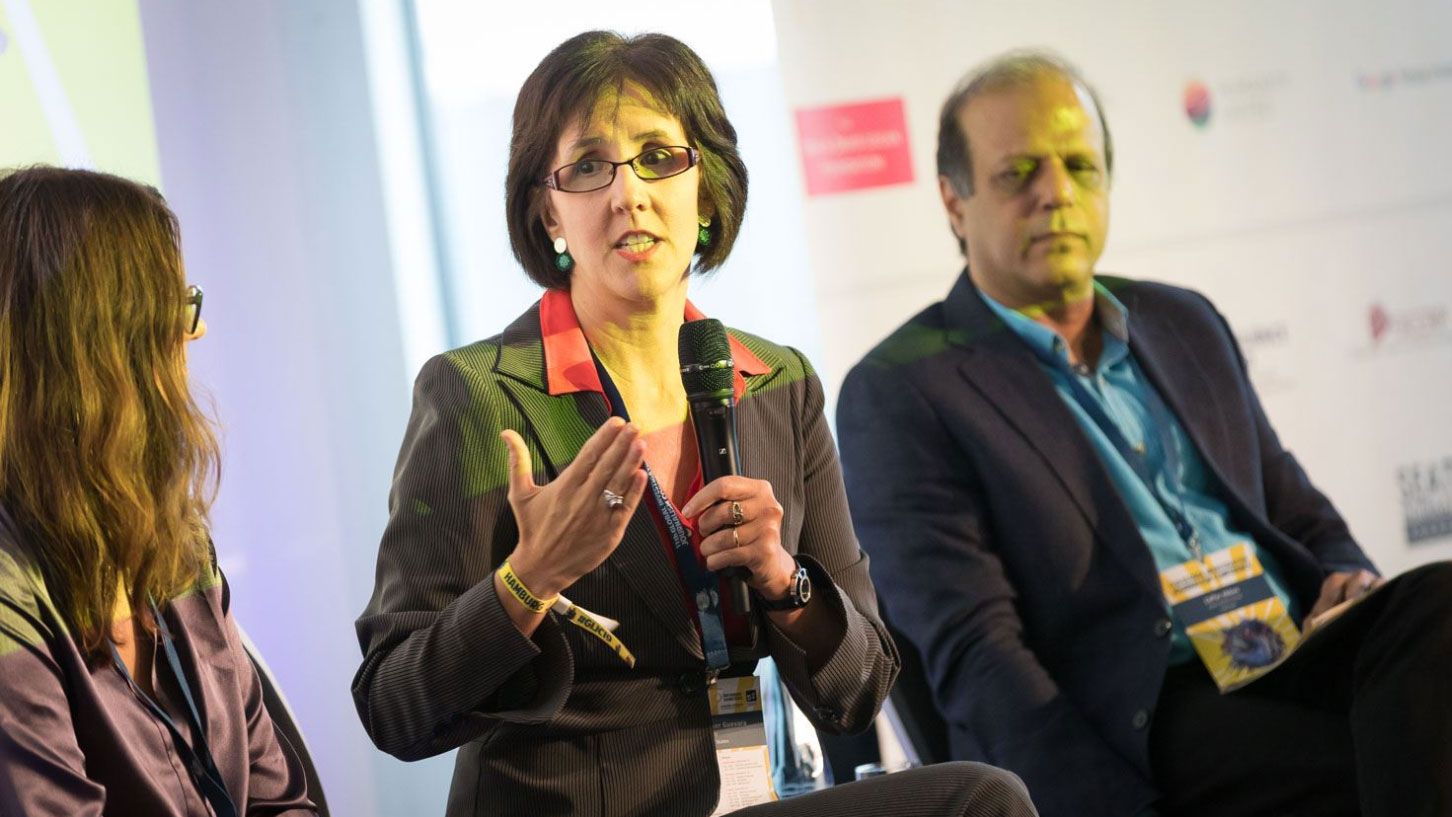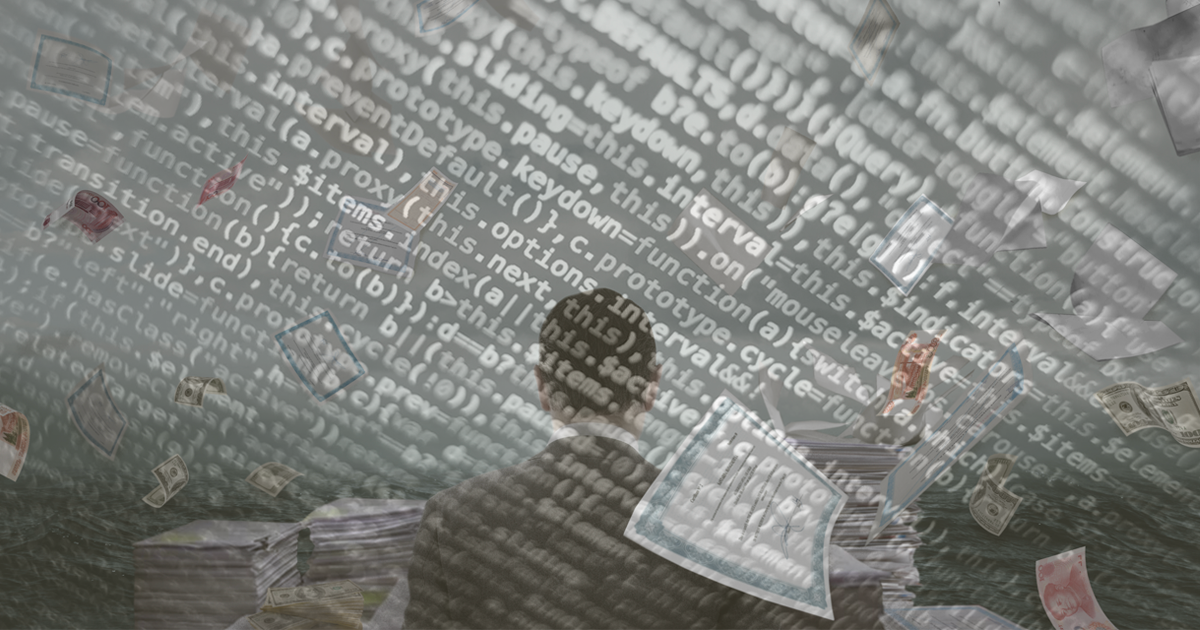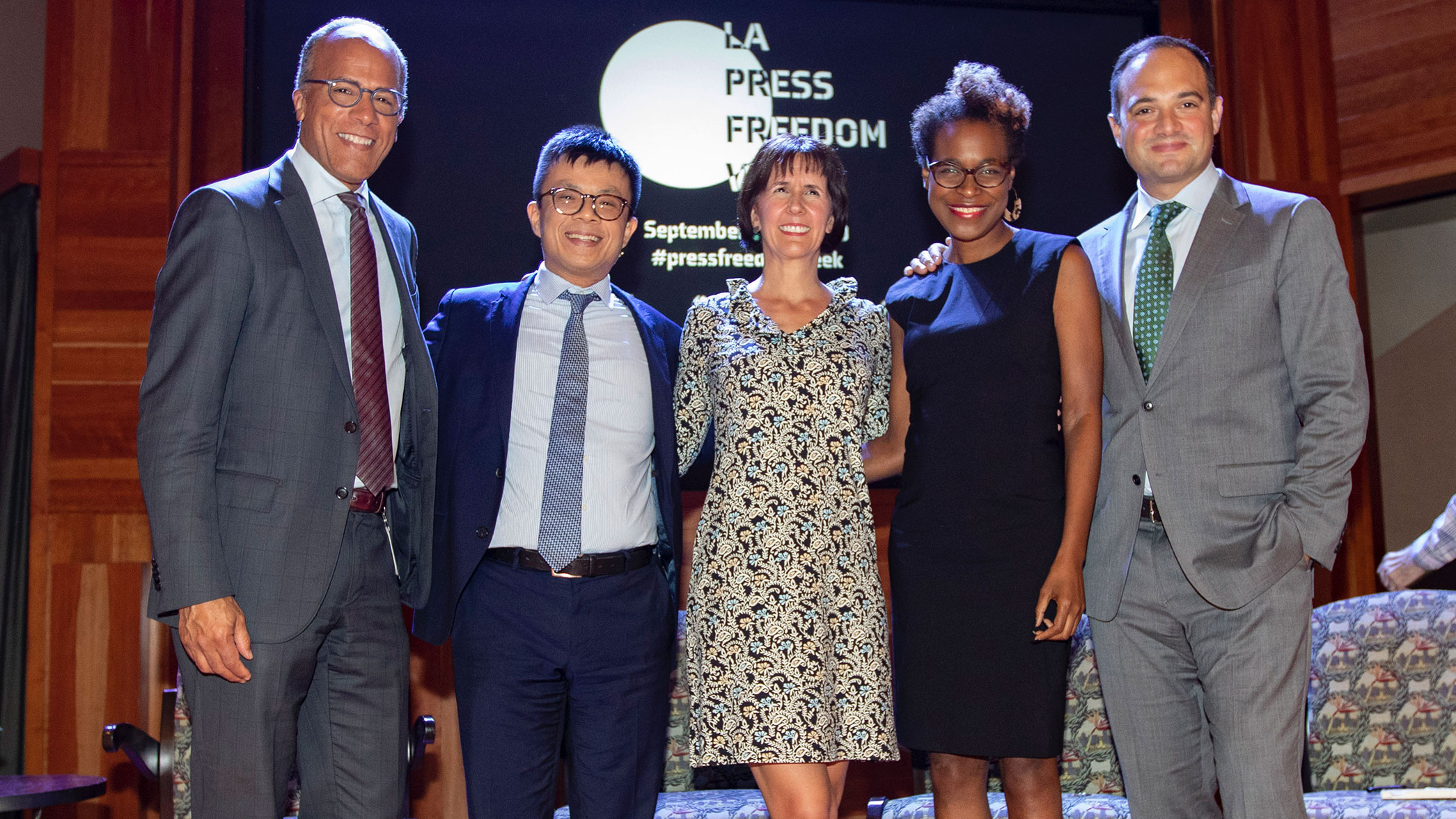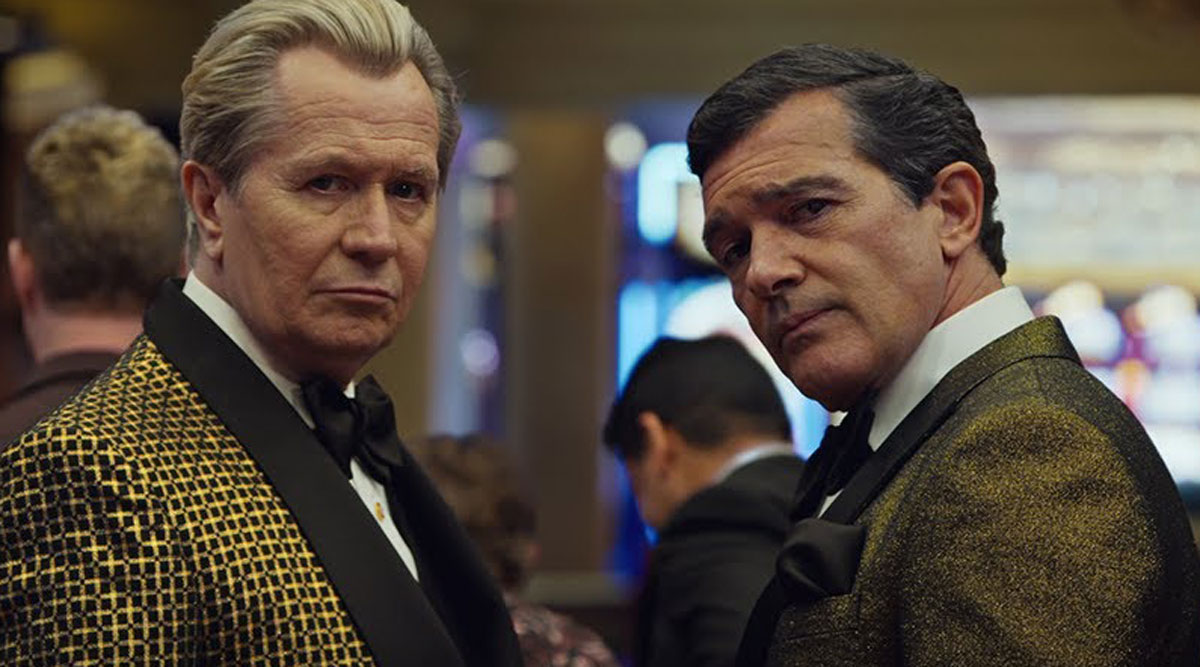In her last year of high school, while her classmates were on their senior trip, Marina Walker Guevara’s life took a fateful turn.
While interning at a TV station in her home town, Mendoza, Argentina, where she wrote articles and shadowed reporters, Walker Guevara discovered two vital things.
Firstly, she realized TV was not her thing. Secondly, she realized reporting – serious reporting – was her thing. “I just loved the idea of being where things were happening and being able to find ways to tell that story to people,” she recalls.
Her love affair with journalism has proven mutual and it weathered the course of time, too.
On Wednesday, Walker Guevara – the International Consortium of Investigative Journalist’s Director of Strategic Initiatives & Network and University of Missouri alumni – was awarded with the prestigious Missouri Honor Medal for Distinguished Service.
The University of Missouri School of Journalism has awarded the medal since 1930 to outstanding journalists around the world. All medalists teach a master class to students at the Missouri School of Journalism on a topic in their areas of expertise.
Walker Guevara, who has managed major investigations involving hundreds of journalists and scores of media organizations, drew on her experience overseeing vast and celebrated investigations including the Panama Papers and Paradise Papers. She focused on the importance of concentrated listening, data harvesting and detailed writing in her class.
‘Deep trust’ the key to collaboration
As Walker Guevara sees it, trust – “and finding reporters worthy of that trust” – are the keys to working successfully in large teams.
She advocates for a non traditional form of investigative reporting instead of “isolated journalists working in secrecy” and believes, “the basis of collaboration and what we believe to be so important here at ICIJ is trust.”
“There needs to be deep trust among colleagues, who share a common mission, because we realize that the world has become too global and too complex for any one individual journalist or individual media organization, to tackle these complex stories on their own,” Walker Guevara said.
“We need to work in teams, we need one another. We need a diversity of backgrounds and skills and locations.”
Walker Guevara has been pivotal in persuading reporters accustomed to competing with one another to, instead, share resources and amplify their reach and impact.
She believes collaborating on complex stories has a further benefit: it better protects journalists.
Discovering the ‘transformative power of journalism’
Before becoming an editor, Walker Guevara investigated environmental degradation by mining companies and cigarette smuggling, as well as the shadowy world of offshore finance.
In her article “Children of Lead,” Walker Guevara exposed lead poisoning and contamination in a small Peruvian town caused by an American-owned company. Her story drew international attention and eventually resulted in the smelting company leaving the town.
Walker Guevara said that witnessing the “transformative power of journalism” was what she has enjoyed most about her career so far.
She acknowledged that investigative reporting is not glamorous and fast paced, but added that it had significant compensations. “All the stress, difficulties along the way and time you put into it, is all worth it when you see the small and big changes because important change takes time.”
Harnessing technology for better reporting
Walker Guevara said one skill that she wished she had learned earlier was data analyzation. As a 2019 John S. Knight Journalism Fellow, she devoted her year at Stanford University to the study of machine learning.
Machine learning allows computer intelligence to help comprehend large amounts of data. “It becomes so powerful, and helpful to investigative reporters, because day in and day out, at ICIJ we are tackling large amounts of data, usually very unstructured and messy data,” said Walker Guevara
During her fellowship at Stanford, she learned that as investigative reporters, “we need to allow the computers to help us organize the information and get to the real story of public interest that we’re looking for faster.”
Walker Guevara advises all aspiring journalists to master the fundamentals of reporting such as news judgement and good writing skills, not just focusing on technology and social media. She also recommends that young reporters “think about what really moves you and spend your time doing that.”



